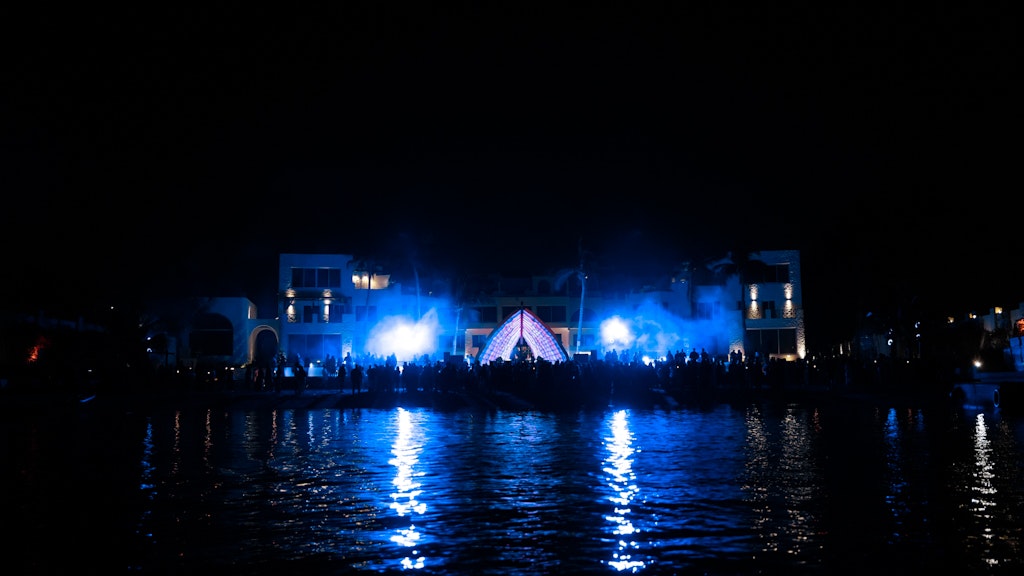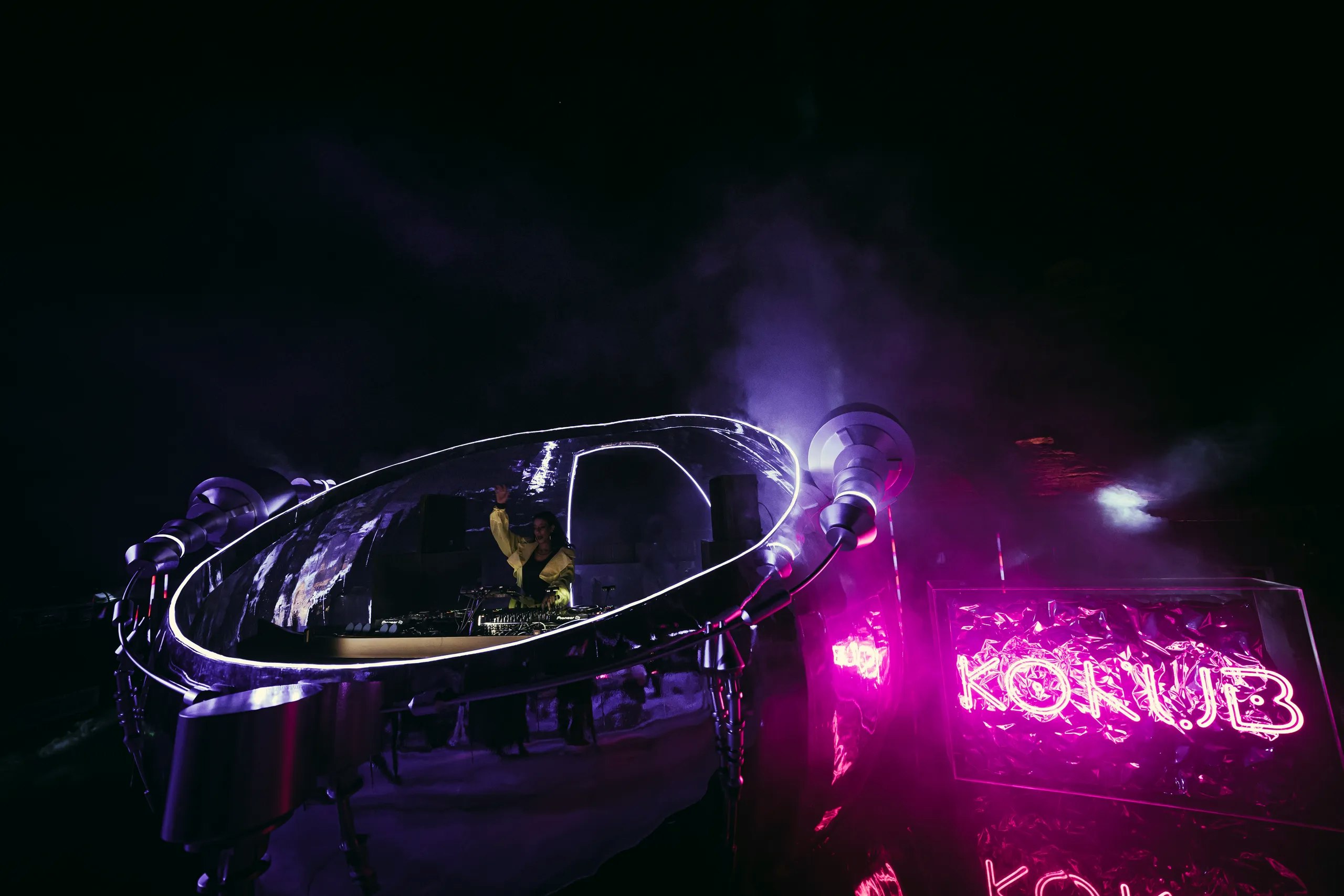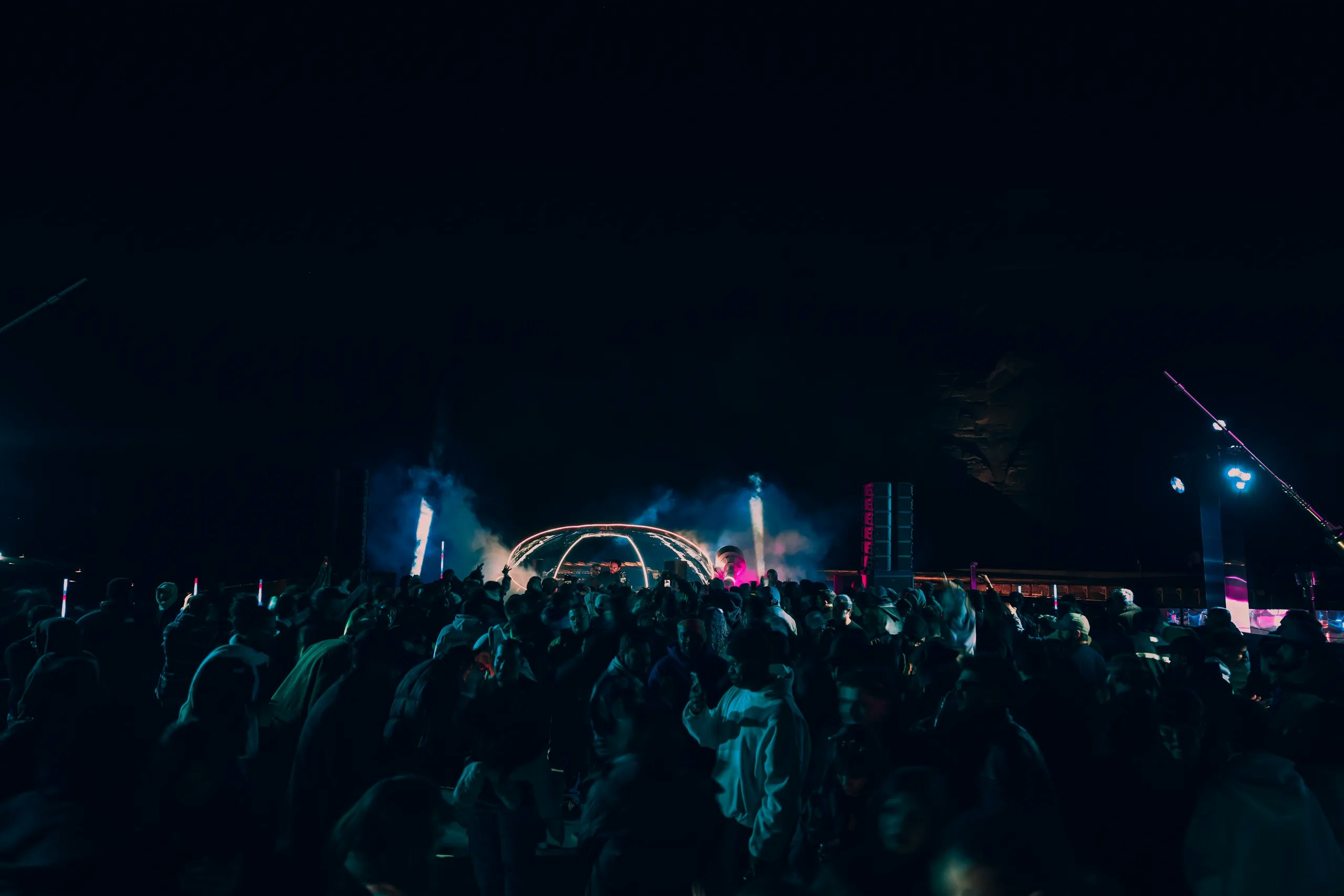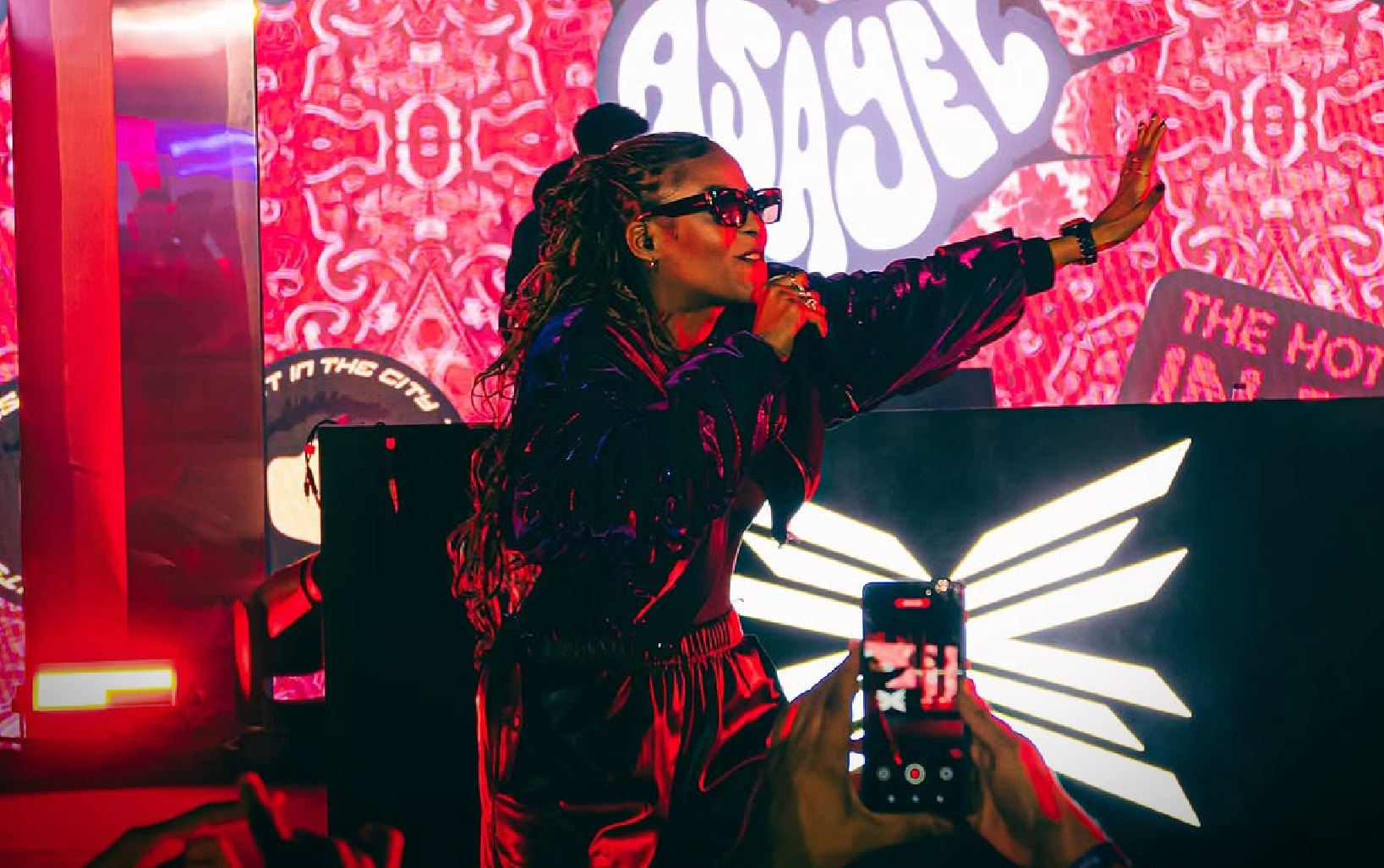
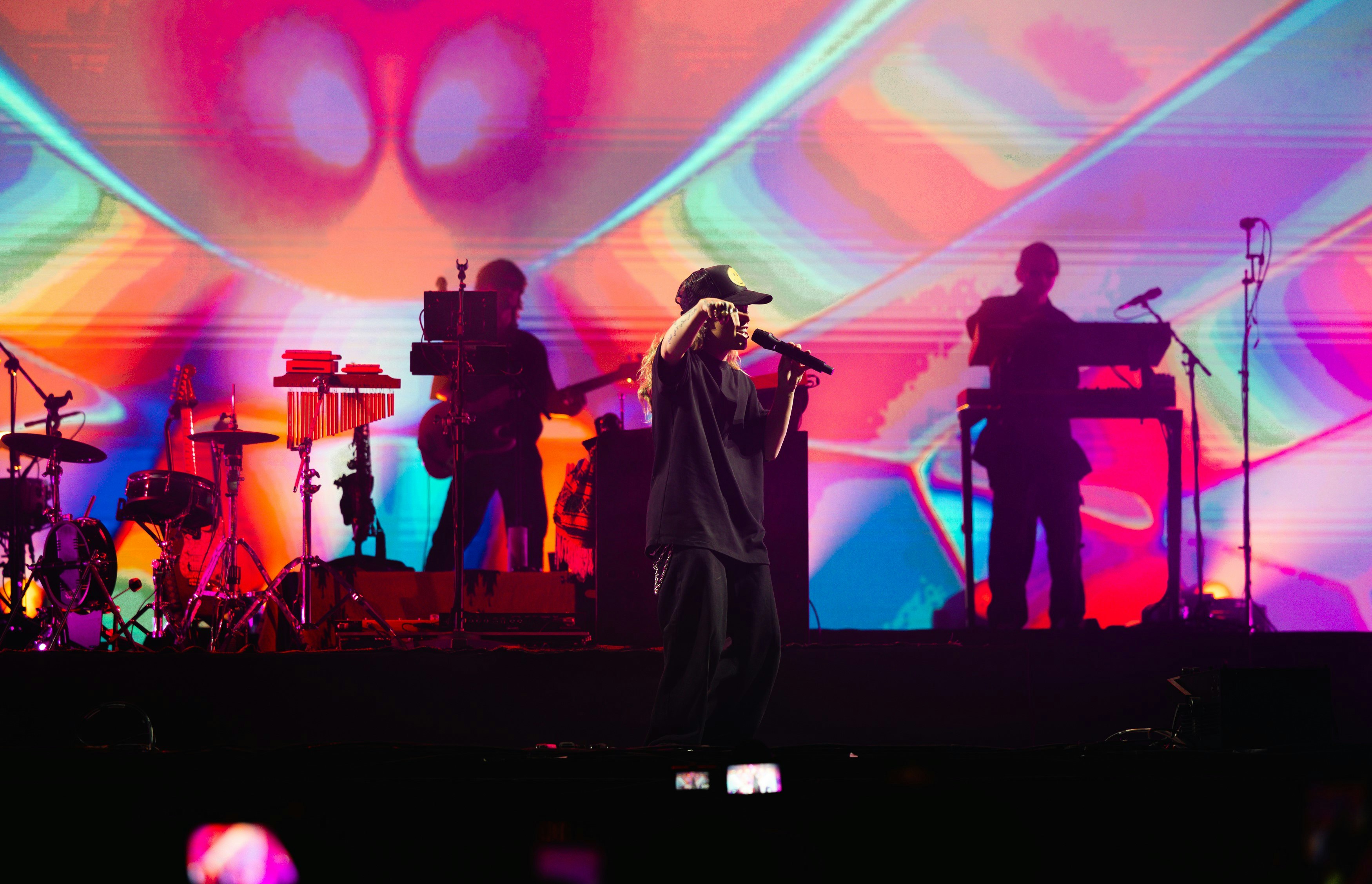
The Evolution of Reggae Music: From Ska to Dub
By MDLBEAST
June 10 2024
The Evolution of Reggae Music: From Ska to Dub
By MDLBEAST
June 10 2024
The evolution of Reggae music, with its infectious rhythms, soulful melodies, and socially conscious lyrics, holds a significant place in global music culture. Originating from the vibrant streets of Jamaica, Reggae has evolved over the decades, leaving an indelible mark on music history. Its journey traces back to the rich musical traditions of Jamaica, with roots deeply embedded in the island's socio-cultural fabric.
The Birth of Reggae Music
The evolution of Reggae can be traced back to its predecessors: Ska and Rocksteady. In the 1950s and 1960s, Jamaica was undergoing profound socio-cultural changes, which gave rise to these distinct musical styles.
Ska
Ska emerged in Jamaica during the late 1950s, blending elements of mento (Jamaican folk music), calypso, rhythm and blues, and jazz. Its characteristic upbeat tempo, syncopated rhythms, and prominent brass instrumentation created an infectious sound that resonated with the lively spirit of the time. Pioneering ska artists such as The Skatalites, Prince Buster, and Desmond Dekker brought this vibrant genre to the forefront of Jamaican music, laying the groundwork for the development of Reggae.
Rocksteady
Rocksteady evolved from ska in the mid-1960s, slowing down the tempo and incorporating smoother, soulful vocal harmonies. This transition reflected the changing social landscape of Jamaica, with lyrics often addressing themes of love, heartbreak, and social consciousness. Artists like Alton Ellis, The Paragons, and The Techniques were instrumental in defining the Rocksteady sound, with their passionate vocals and intricate musical arrangements setting the stage for the emergence of Reggae.
Transition to Early Reggae and Classic Reggae
As the 1960s gave way to the 1970s, Reggae underwent a transition marked by innovations in sound and lyrical themes. This period represented a pivotal moment in the genre's development, as it evolved from its roots in ska and Rocksteady to embrace new musical expressions and social consciousness.
Early Reggae
Early Reggae emerged with groovy rhythms and socially conscious lyrics. Artists like Jimmy Cliff, Toots and the Maytals, and The Heptones explored themes of love, unity, and resistance against oppression.
Classic Reggae
Classic Reggae was led by icons like Bob Marley and The Wailers. Their music achieved unprecedented commercial success and international recognition, with songs like "No Woman, No Cry" and "One Love" becoming anthems for social change and cultural unity.
Influence of Political and Social Movements
Political and social movements heavily influenced the themes explored in Early and Classic Reggae. Artists used their platform to address issues of oppression, liberation, and cultural pride, advocating for social justice and human rights
Roots Reggae and the Rastafarian Movement
Roots Reggae emerged in the late 1970s, drawing inspiration from the Rastafarian faith and Pan-African ideologies. Artists like Burning Spear and Peter Tosh became synonymous with the genre, using their music as a platform to advocate for spirituality, social justice, and African identity. Themes of resilience and empowerment permeated Roots Reggae lyrics, resonating with audiences worldwide.
Dub and Rockers Reggae
The Emergence of Dub
Dub, a subgenre of Reggae, emerged in the 1970s as a groundbreaking musical form. It was characterized by its instrumental versions and studio experimentation, which pushed the boundaries of traditional Reggae music.
Producers like Lee "Scratch" Perry and King Tubby played a pivotal role in shaping Dub's unique sound. They experimented with studio techniques, introducing heavy use of echo, reverb, and sound effects to create a mesmerizing sonic landscape that captivated listeners.
Evolution into Rockers Reggae
Dub eventually evolved into Rockers Reggae, a genre known for its heavy basslines and rhythmic intensity. Building upon the foundation laid by Dub, Rockers Reggae maintained its hypnotic groove while infusing it with a newfound energy and dynamism. Artists like Augustus Pablo and The Revolutionaries were instrumental in popularizing this electrifying style, solidifying its place in the pantheon of Reggae music.
Contemporary Trends and Global Impact
The evolution of Reggae music continues in the contemporary music scene, with artists experimenting with fusion genres and electronic influences. Despite its Jamaican roots, Reggae's influence has transcended geographical boundaries, leaving an indelible mark on music cultures worldwide. The legacy of Reggae icons like Bob Marley, Jimmy Cliff, and Toots Hibbert lives on, inspiring future generations of musicians and activists alike.
The evolution of Reggae music, from its humble beginnings in Jamaican neighborhoods to its status as a global phenomenon, is a testament to its enduring legacy. Across its various iterations, from Ska to Dub, Reggae has remained a powerful force for social change and cultural expression. Its ability to unite people across borders and generations underscores its timeless appeal and ongoing relevance in today's ever-changing musical landscape.
In conclusion, the evolution of Reggae music reflects not only the musical innovation but also the socio-cultural dynamics of Jamaica and the broader global community. As the genre continues to evolve and adapt, its influence on music and society will undoubtedly endure for generations.
Keep an eye out for the exciting updates and thrilling news regarding the Soundstorm music festival on the MDLBEAST website. Join our community and stay in the loop with the latest music buzz!
Share this
